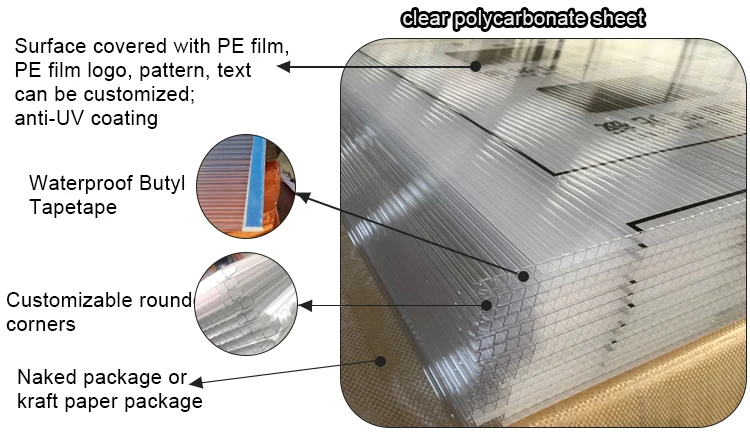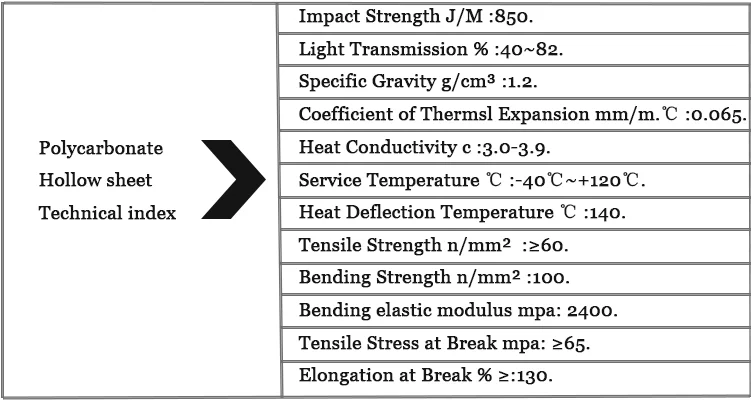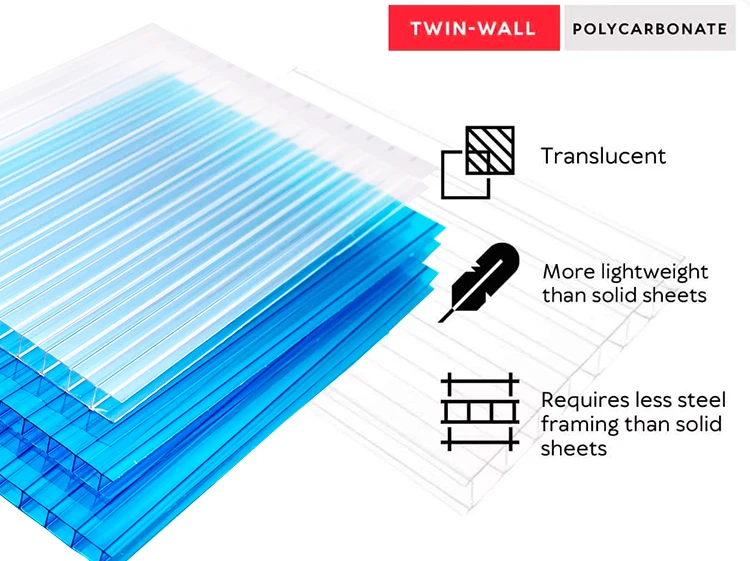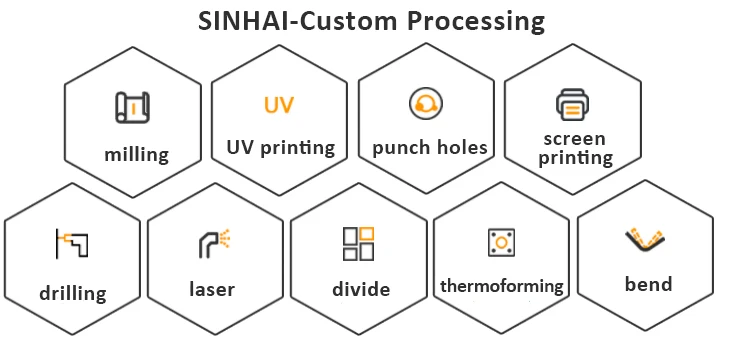The Manufacturing Process of Polycarbonate Sheets
Introduction to Polycarbonate Sheets
Polycarbonate sheets are a versatile material that has become increasingly popular due to their unique properties such as impact resistance, transparency, and lightweight nature. These sheets find applications in various industries including automotive, construction, electronics, and more. To fully appreciate the value of these sheets, it’s essential to understand how they are manufactured from start to finish. This comprehensive guide will walk you through the entire process, from the initial raw materials to the final quality checks.
The Initial Raw Materials
Polycarbonate sheets are primarily made from bisphenol A (BPA) and phosgene, which are combined in a polymerization process to create polycarbonate resin. BPA is a synthetic compound derived from petroleum, while phosgene is a reactive gas. The production of polycarbonate resin is a complex chemical process that requires precise control over temperature, pressure, and other variables to ensure the desired molecular weight and properties of the resin.
Transformation Stages
Melt Polymerization
The first stage in transforming the raw materials into polycarbonate sheets involves melt polymerization. In this process, BPA and phosgene are reacted together under controlled conditions to form polycarbonate chains. The resulting resin is then extruded into pellets or granules, which serve as the feedstock for subsequent processing steps.
Extrusion
The next step is extrusion, where the polycarbonate pellets are heated and forced through a die to create continuous sheets. The temperature and pressure during this process must be carefully regulated to achieve uniform thickness and avoid defects such as bubbles or imperfections. Extrusion can produce sheets with various thicknesses, depending on the specific requirements of the end product.
Calendering and Thermoforming
After extrusion, the polycarbonate sheets may undergo calendering or thermoforming processes. Calendering involves passing the sheets between rollers to achieve a smooth surface and precise thickness. Thermoforming, on the other hand, uses heat to shape the sheets into three-dimensional forms, such as domes or enclosures, often used in electronic devices or lighting fixtures.
Final Quality Checks
Once the polycarbonate sheets have been formed, they undergo rigorous quality checks to ensure they meet industry standards. Common tests include measuring optical clarity, impact resistance, and dimensional accuracy. Any sheets that do not pass these tests are discarded, while those that pass are labeled and prepared for shipment to customers.
Conclusion
Understanding the manufacturing process of polycarbonate sheets provides valuable insights into why they are so widely used across different industries. From the initial raw materials to the final quality checks, each step plays a crucial role in ensuring the high-quality performance of these versatile sheets.
Reference
Polycarbonate Sheet Manufacturing Process
- Durable and Long-Lasting: Our Transparent Support Clear Polycarbonate Smoked Multiwall Twinwall Plastic Roof Sheet Hollow Greenhouse Panels offer a 10-year guarantee, ensuring that your investment lasts for years to come, providing peace of mind for our valued customer.
- Customizable Options: We cater to diverse needs by offering various thicknesses (3mm-20mm), widths (1220mm and 2100mm), and colors (clear, green, blue, brown, and opal) to match your specific requirements, including customized solutions as requested by the customer.
- Multi-Functional: Our product is suitable for various applications such as greenhouse skylights, carports, awnings, and roofing, allowing you to utilize a single product for multiple purposes and projects, including golf training aids in sports and entertainment.
- Advanced Features: Our polycarbonate sheet boasts impressive features such as anti-aging, thermal insulation, impact resistance, and fire resistance, ensuring a safe and efficient use of the product in various settings.
- Comprehensive After-Sales Support: We provide online technical support, onsite installation, onsite training, and installation instructions to guarantee a seamless and hassle-free experience for our customers, including those who requested specific support and assistance.
-
Product descriptions from the supplier
Warning/DisclaimerThis product has acquired the relevant product qualification(s)/license(s) of certain applicable country/countries.View more
Overview
Video Description
Fire resistant 10mm 16mm twin wall multiwall polycarbonate sheet greenhouse panelMaterial
Virgin PC Warranty
10 years, Grade A quality Thickness
4mm,6mm,8mm,10mm,12mm,14mm,16mm,18mm,20mm Width
1220mm 2100mm or can be customized Length
5800mm,12000mm,11800mm,6000mm or can be customized Popular Size
1.22*2.44m,2.1*5.8m,2.1*11.6m,customized Color
Clear, Milk white, Green, Dark blue, Lake Blue, Brown or Customized Features
Light weight: only 1/2 of the glass of the same thickness. High light transmission: up to 88%
Anti-ultraviolet: 50 micron or any UV thickness is added for free.UV protection both sides, or one side.
High impact strength and tensile strength
Fireproof
Thermal insulation
Sound insulation
Application
Bus stop shelter, Building material, Greenhouse, Car garage tents, Advertising boards,Transportation airline, Swimming pool Cover,etc.
Company Type
Manufacturer of polycarbonate sheet Factory Location
Baoding, Hebei province, China Service
Free sample for testing. Accept OEM/ODM.
24hours instant and comfortable customer service.
Shipping status notification during delivery.
Promotion price
% 

























Reviews
Clear filtersThere are no reviews yet.